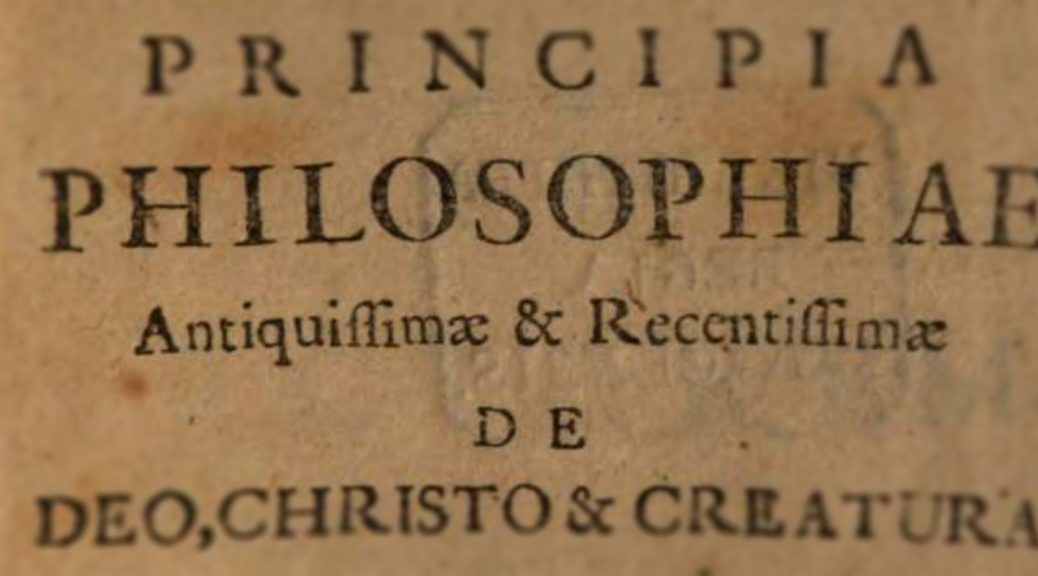The following is one of four profiles of researchers who have engaged in open scholarship at Duke. Please join us on October 5 for Open Scholarship in the Humanities — an in-person panel discussion with these current and former graduate students, who will explore their approaches to engaging in open humanistic scholarship. You can learn more about this ScholarWorks Center event in this blog post, and you can register at https://duke.libcal.com/event/11159787. The event qualifies for 200-level RCR credit. We hope to see you there!
 Meet Emilie Menzel
Meet Emilie Menzel
Emilie Menzel is the Collections Management and Strategies Librarian for Duke’s Goodson Law Library and the Research and Instruction Librarian for the literary organization Seventh Wave. Her work and research support critical librarianship, libraries as active sites of information creation, and librarians as conduits for collaboration. Additionally, Emilie is a poet and writer, author of the book-length lyric The Girl Who Became a Rabbit (Hub City Press, 2024). She lives at the wood-skirts of Durham and online at emiliemenzel.com.
About Emilie’s Work with Project Vox
Published by Duke University Libraries, Project Vox (https://projectvox.org) is an open educational resource that amplifies the voices of marginalized philosophers. Emilie reflects on her role with the project:
“Last year while finishing my Masters in Library Science from UNC, I worked as the Teaching Resources Analyst for the Duke digital scholarship group Project Vox. Project Vox highlights early modernist philosophers from historically marginalized backgrounds; one way in which they do so is through a curation of open access reading lists and syllabi. As the Teaching Resources Analyst, I led an assessment of Project Vox’s existing teaching resources, surveyed Philosophy instructors about their teaching resource needs, and then used this information to intentionally reorganize, redesign, and solicit further open access teaching resources. What began as a single, text-heavy, static list of links was reconsidered and expanded into three philosophy teaching resource tools organized particularly around Philosophy instructors’ information seeking habits. The resulting teaching resource tools allow Philosophy instructors to easily identify topic-relevant reading recommendations, find suggestions of philosophers to pair or juxtapose in a course session, and search syllabi by course structure.
“This project overlays closely with the principles of open scholarship. It supports open access information and encourages collaboration and connection between Philosophy instructors. Further, the teaching resource tools themselves–i.e. the discovery and access points for the resources–were designed through close collaboration with the end-users; decisions about resource topics, organization, and presentation of information were shaped by open conversation with the user community.”
On the Invisible Work of Digital Scholarship
“Philosophy instructors frequently face pushback around centering historically marginalized philosophers. As I identified in this project’s survey, many instructors are best able to integrate non-canonical philosophers into institutionally accepted syllabi by pairing non-canonical philosophers with discussions of canonical philosophers. Knowing this, it makes sense that it could be useful for Philosophy instructors to be able to search teaching resources for, in essence, ‘What non-canonical philosopher can I teach beside Descartes?’ I thus created a Philosopher Pairings tool: a way for instructors to search for non-canonical philosophers that pair well with the canonical philosophers they are already teaching. In making this tool, however, I began to consider how creating an organizational system around canonical philosophers could be antithetical to the mission of Project Vox: to center non-canonical philosophers. The organization of information, of course, shapes our perception of what is valuable in that information set. I had to reorganize the tool. Back to the drawing board, restructuring the tool, reconsidering the philosophers data type in the backend of the database.
“Another significant element of this project, likely imperceptible to most in the end product, was the challenge to design a teaching tool interface that could be easily maintained, understood, and updated by the Project Vox team. As a university-based, student-supported research project, the Project Vox team regularly changes composition. Each year, new undergraduates and graduate students bring an exciting range of interests and skills to Project Vox. My redesign of the teaching resource tools had to consider this array of technology backgrounds to ensure that the teaching resource tools I developed could actually be maintained by new team members for years to come. This task required simplifying the back-end organization of the database, as well as clear, highly thorough documentation.”
Learn More
To see Emilie’s redesign of the Project Vox teaching resources, please visit https://projectvox.org/teaching/. More about Project Vox and its mission can be found at https://projectvox.org/about-the-project/.
Come meet Emilie and learn about her work at the ScholarWorks Center’s Open Scholarship in the Humanities panel discussion on October 5 (12:00-1:00 PM, Bostock Library 127; lunch is provided). Please take a moment to register and learn more about the event. We’ll see you there!


